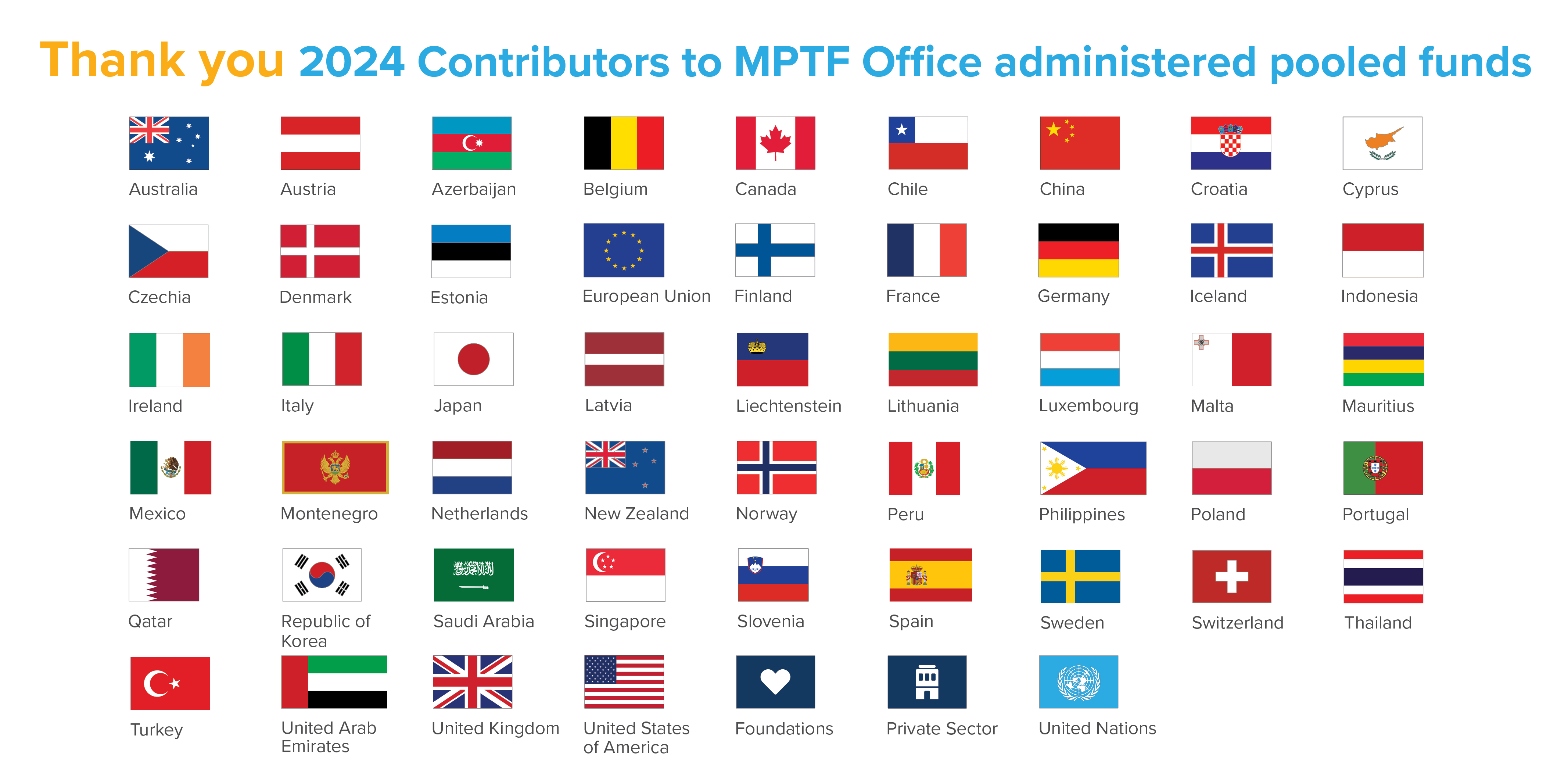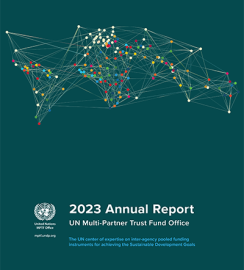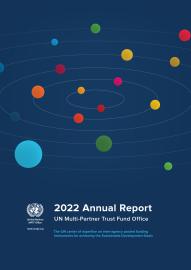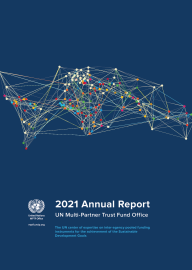
Annual Report

In a year marked by overlapping crises and persistent financial pressures, the UN Multi-Partner Trust Fund Office (MPTFO) continued to serve as the UN’s center of expertise in inter-agency pooled funding. The underlying premise of pooled funding is a recognition that some challenges cannot be met, let alone overcome, by individual action, and that human dignity realized through sustainable development will only be achieved when we work together.
In 2024, UN inter-agency pooled funds played a crucial role in providing strategic, predictable, and flexible non-core funding to deliver timely, coordinated responses to global needs. This is the fundamental goal of pooled funding, underscored by MPTFO’s commitment to continue building trust with our partners through efficiency, accountability, and innovation.
EFFICIENCY at scale: The Office, marking its 20th year in 2024, transferred $1.1 billion to participating UN and non-UN entities in 2024, supporting development, climate and environment, and peace and transition outcomes aligned with the SDGs. Resources from MPTFO-administered funds reached 116 programme countries, supporting joint action by 41 different UN entities and 73 non-UN participating organizations. In terms of resources received, a total of 71 contributors provided resources to MPTFO-administered funds, with 2024 deposits reaching $910m.
ACCOUNTABILITY through transparency: Timely and accurate financial transactions underscore the MPTFO’s commitment to all partners, with 93% of transfers processed within five working days of receiving the request. The MPTFO ‘Gateway’ website mptf.undp.org continued to provide partners with a comprehensive digital platform for fund administration, as well as real-time financial data: an unparalleled standard of transparency and accountability. And in 2024, the MPTFO, with the Dag Hammarskjöld Foundation, released the 10th edition of the Financing the UN Development System report: the only consolidated overview of revenues and expenditures across the UN system, with data on allocations by function, geographical scope, and SDGs.
INNOVATION for sustainable development: Innovations in UN pooled funds are reshaping development and humanitarian financing through a proactive approach that emphasizes flexibility and adaptability to respond to contextual needs and to enhance effectiveness. To take just a few examples, the Systematic Observations Financing Facility (SOFF), collating critical climate data to boost early-warning systems and help save lives, entered into new agreements with several multilateral development banks, leveraging the reach of the fund for bolder outcomes. The Complex Risk Analytics Fund (CRAF’d) began exploring how data analytics and artificial intelligence (AI) can help global partners to anticipate better, prevent, and respond to complex risks. This effort is helping partners shape close to $12 billion in crisis response, so that it arrives earlier and faster for those that need it most. And the Uzbekistan Vision 2030 Fund made further progress piloting its new approach to constructive asset restitution, with recovered assets put toward sustainable development outcomes.
Looking Ahead
Looking ahead, the MPTFO is set to continue its crucial role in fostering collaboration among diverse stakeholders supporting fund design and the provision of AA services. By upholding the highest fiduciary and financial standards across all UN organizations, the MPTFO continues to ensure that its strategic portfolio of pooled financing instruments remains of the highest quality. The organization's unwavering commitment to promoting efficiency, effectiveness, transparency, and coherence will drive continuous improvements.
Furthermore, the MPTFO's client-focused culture, characterized by creativity and agility, will enable it to respond effectively to both current and expanded AA service requests. This forward-thinking approach positions the MPTFO to adapt and thrive in an evolving landscape, ensuring robust engagement with all partners.
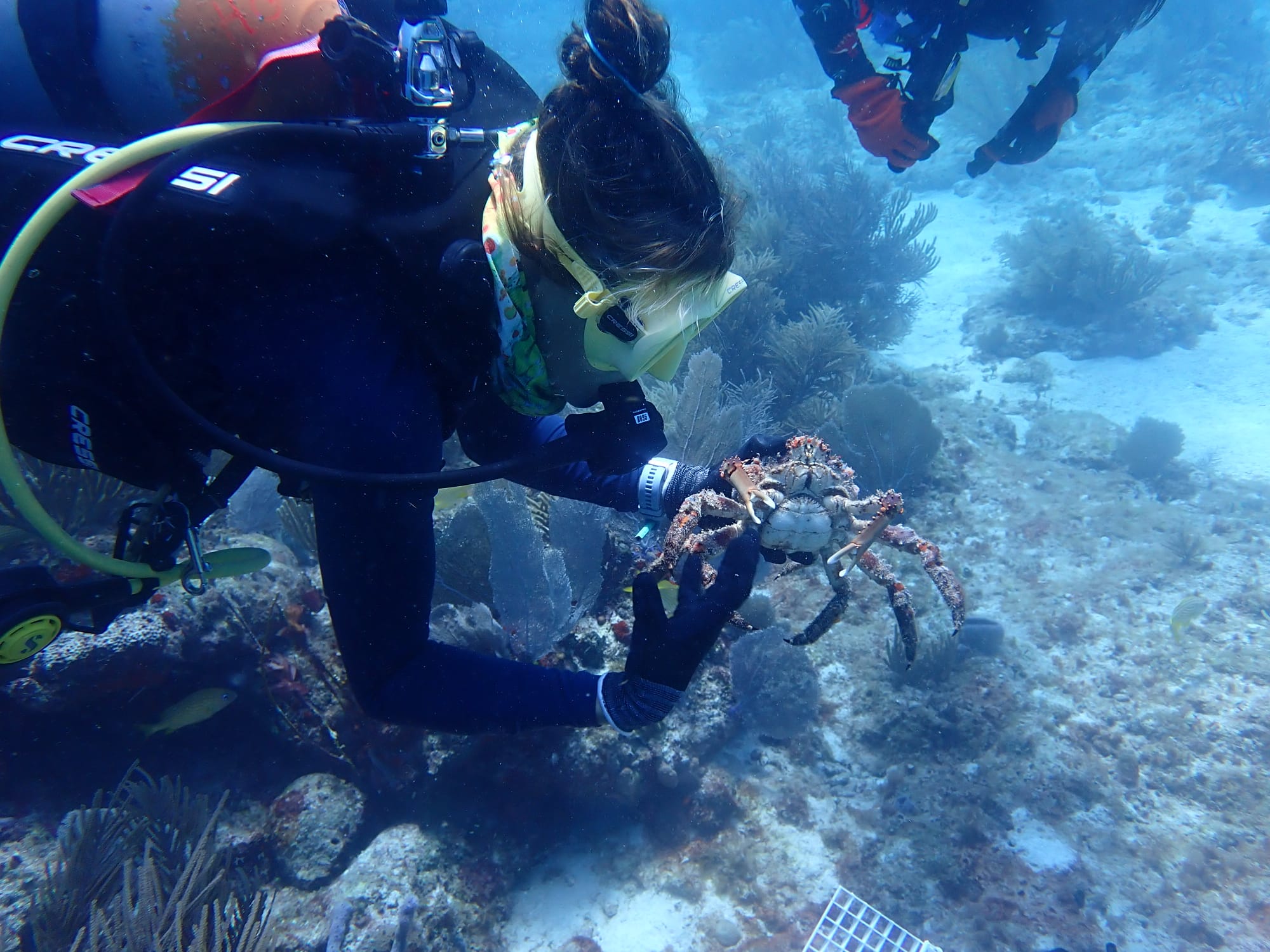
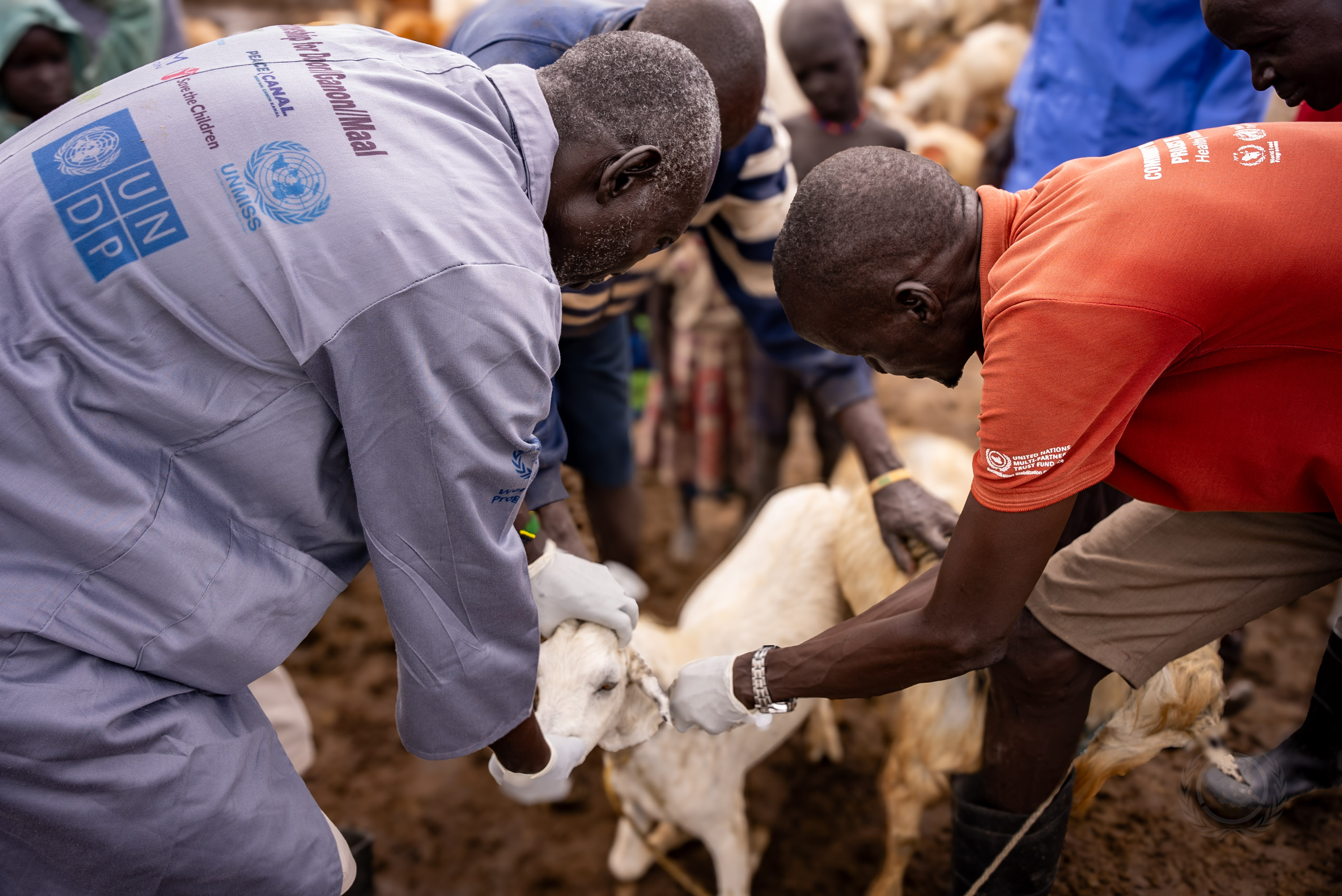
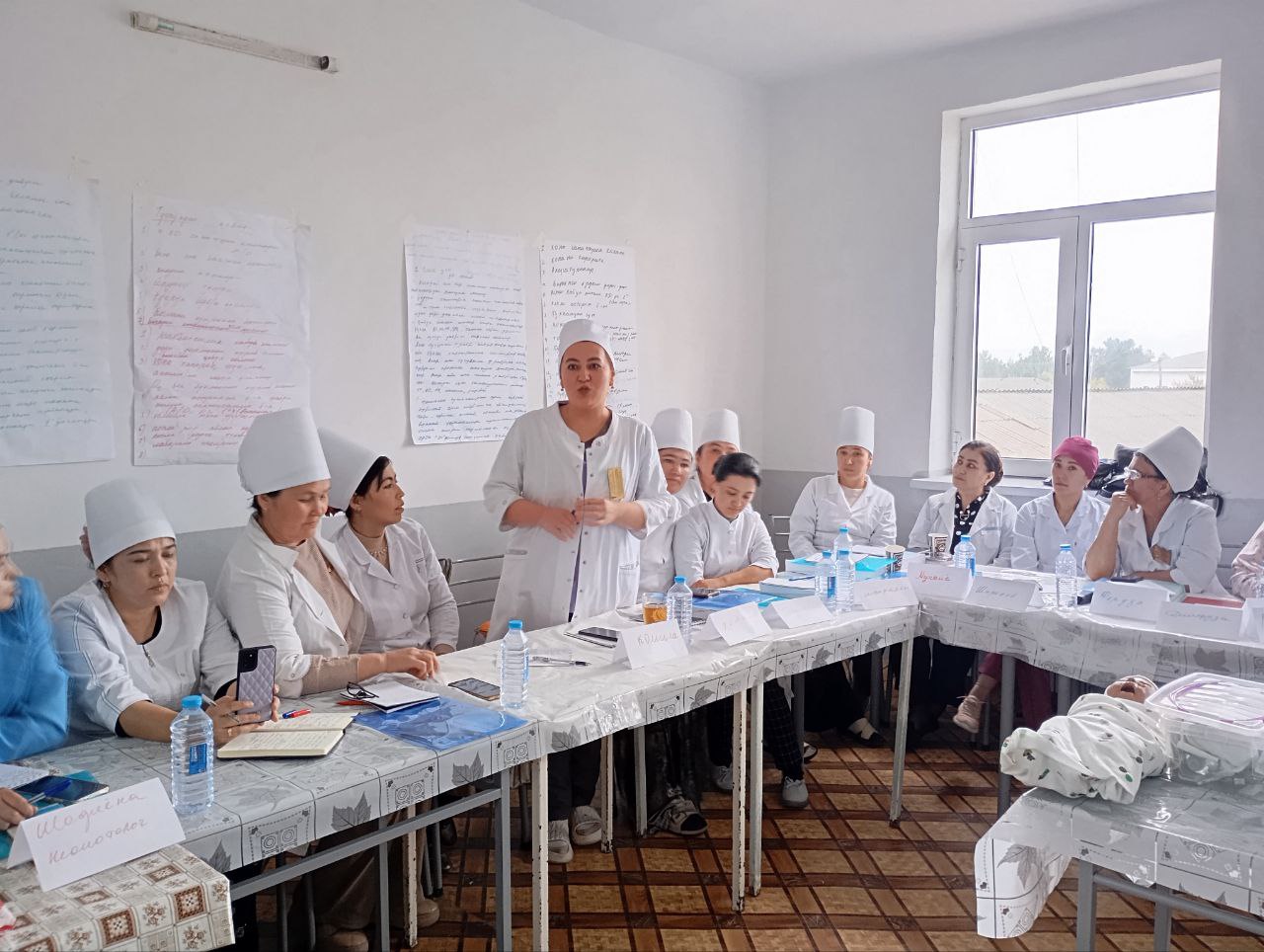
The results highlighted in this Report would not have been possible without the generous contributions of partners to the pooled funds administered by the MPTFO. |
